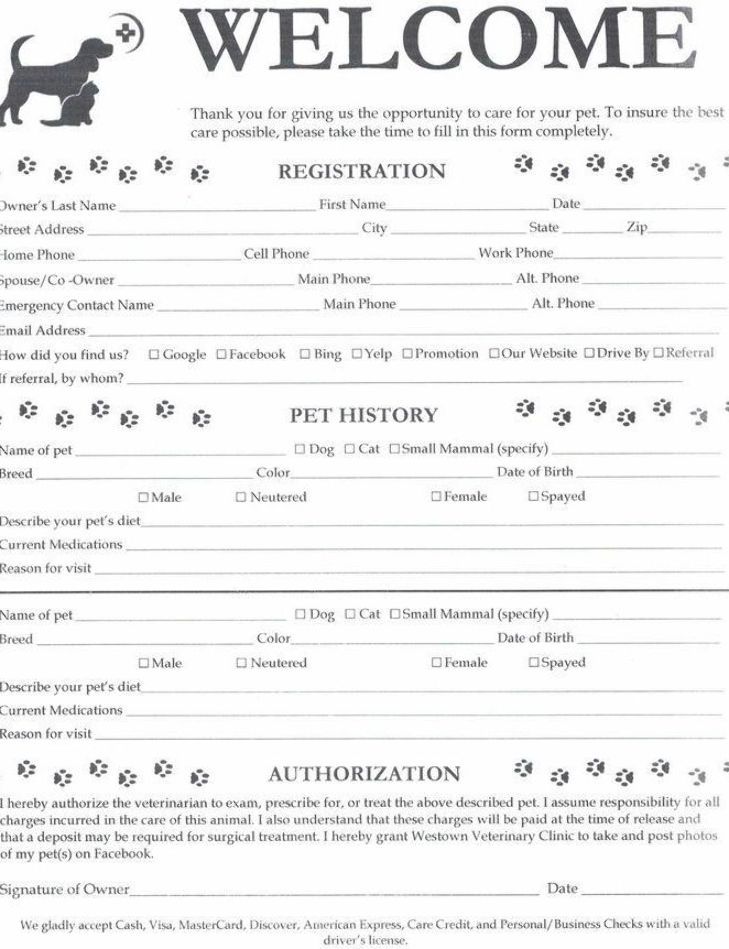Do You Need Paperwork for a Service Dog?

When it comes to having a service dog, one of the primary concerns for many individuals is understanding the legal requirements and documentation needed. Service dogs are not just pets; they are working animals that provide essential assistance to people with disabilities. Here, we delve into what paperwork, if any, is required for a service dog, aiming to clarify common misconceptions and provide actionable information for those considering or already benefiting from a service dog's support.
What Qualifies as a Service Dog?

Before diving into the paperwork, it’s crucial to understand what constitutes a service dog:
- A service dog is trained to perform tasks directly related to a person’s disability.
- They are not classified as emotional support animals or therapy dogs, which have different legal rights and requirements.
- Tasks can range from guiding individuals with visual impairments, alerting to medical conditions like seizures or low blood sugar, to providing physical balance or retrieving dropped items.
The Americans with Disabilities Act (ADA) and Service Dogs

Under the Americans with Disabilities Act, service dogs have specific legal protections. Here’s what you need to know about service dog documentation under the ADA:
- No Certification Required: The ADA does not mandate certification, registration, or special identification for service dogs. There is no official registry for service animals.
- Allowed Inquiries: Businesses can only ask two questions if the disability or service dog’s task is not obvious:
- Is the dog a service animal required because of a disability?
- What work or task has the dog been trained to perform?
- Vaccination Records: While not required by the ADA, some states might mandate that service dogs have up-to-date rabies vaccination and possibly other vaccinations.
Documentation for Housing

For housing, the requirements can be slightly different:
- Request for Reasonable Accommodation: Under the Fair Housing Act, landlords must make reasonable accommodations for individuals with disabilities, including allowing service animals.
- Letter from a Healthcare Professional: To avoid potential discrimination, having a letter from a healthcare provider stating the need for a service animal can be beneficial, especially if your disability is not visibly apparent.
Air Travel with Service Dogs

Travel regulations have become more stringent regarding service animals:
- Advance Notification: Airlines might request advance notice for service dogs, including documentation that proves the dog’s training and health.
- Form DOT ACAA Service Animal Air Transportation Form: This form is typically required to travel with a service dog on most airlines operating within the U.S.
- Vaccination and Health Certificates: Airlines require proof of the dog’s health status, especially rabies vaccination records.
✈️ Note: Airlines can impose stricter rules, so always check with your airline for specific requirements before your trip.
Identification and Training

Although not legally required by the ADA:
- Service Dog Vests, Harnesses, or ID Tags: Many handlers find it beneficial to identify their dog as a service animal with special gear, which can help avoid questions from businesses or the general public.
- Training Documentation: While not universally required, some organizations or handlers choose to have documentation or a certificate from a recognized service dog training program.
Emotional Support Animals (ESAs) vs. Service Dogs

It’s important to differentiate between ESAs and service dogs:
- Legal Rights: ESAs do not have the same legal rights to public access as service dogs. They may require a prescription letter for housing or travel but not for public access.
- Purpose: While ESAs provide emotional support, service dogs are trained for specific tasks related to a disability.
ℹ️ Note: Misrepresenting a pet as a service dog can lead to legal consequences under the ADA.
Navigating the world of service dogs involves understanding the legal framework that protects these invaluable assistants. While formal paperwork isn't required for general public access, having some form of documentation, like vaccination records or letters from healthcare providers, can facilitate smoother interactions with housing, airlines, and establishments. Ensuring your service dog is well-trained and behaves appropriately will always be your best tool in integrating into society with minimal hassle. The bond between a handler and their service dog, underpinned by the dog's training and the legal protections provided, creates a synergy that enhances the independence and quality of life for many individuals with disabilities.
Do I need to register my service dog with any official agency?

+
No, the ADA does not require any registration for service dogs. However, some states might have specific laws regarding the documentation of service animals.
Can I be asked for proof of my service dog’s training?

+
While the ADA does not mandate proof of training, some entities might inquire about the dog’s specific tasks or request documentation, especially in situations like air travel.
What should I do if someone challenges my right to have a service dog?

+
If you encounter resistance, calmly explain your rights under the ADA, offering to answer the two permitted questions. Having identification or documentation can also help, although it’s not legally required for general public access.